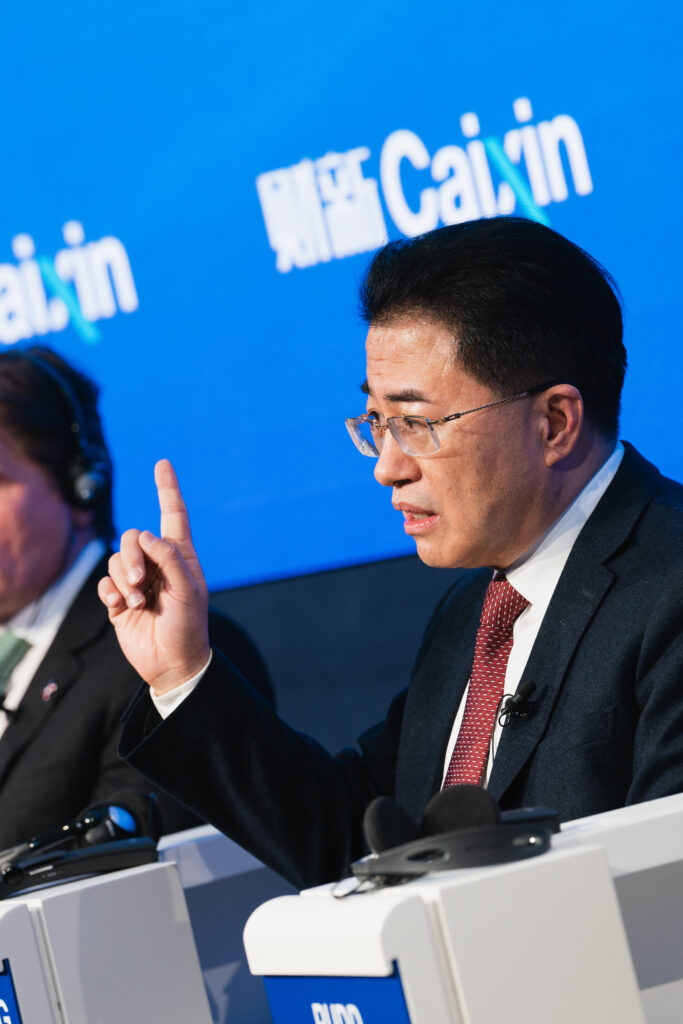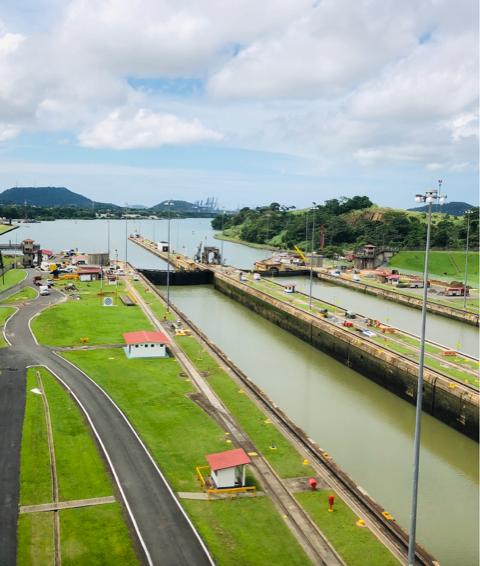A working paper by Tianqi Gu

Since the turn of the 21st century, China has experienced a tremendous economic rise and made significant progress in transitioning to a market economy. State-owned enterprise (SOE) reforms commenced in 1978, however, the country is still home to more than 300,000 SOEs that continue to play a dominant role in the national economy. China’s chronically large state economy prompts the question: What is the current plan of the Chinese government for the country’s state-owned economy? This paper examines the design of the latest SOE reform policies in light of their historical development to find answers, thereby laying some groundwork for understanding Chinese SOEs’ increasing engagement in international commercial activities.
To some extent, China’s Constitution provides clarification: it reads that ‘the state shall uphold a fundamental economic system under which public ownership is the mainstay’ (Article 6) and ‘the state economy shall be the leading force in the national economy’ (Article 7). The state economy’s primacy in China’s national economy is also enshrined in the Chinese Communist Party (CCP) ideology and has been stressed consistently by its leaders—In 2020, President Xi publicly reiterated the paramount significance of SOEs, describing them as the economic and political foundation that support China’s socialist political regime. Accordingly, in practice, Chinese SOEs have played an important role as the primary implementors of government directives and national policies in support of China’s social stability and strategic development, as evidenced by their policy-driven contributions to overcome the COVID-19 pandemic.
Given the entrenched ideological, statutory, and practical significance of SOEs in China’s political-economic system, it is implausible that China pursued or pursues genuine privatisation of its state economy. A first privatisation move, in the second round of SOE reforms (1993-2002), consisted of the ‘Grasp the Large and Release the Small’ programme. It was promoted in the context of the Chinese state economy’s overall desperation caused by SOEs’ disastrous performance in market competition following the 1978 Reform and Opening up. The essence of the programme can be summarised as partial marketisation—preserving the critical industries (i.e., industries essential for national growth and social stability) for continued monopolisation by SOEs and allowing various ownership forms and the privatisation of SOEs that lost grounds to non-state competitors. The programme nearly halved the number of Chinese SOEs and significantly contributed to the general resurgence of China’s state sector around 2008. Substantially, it strengthened rather than weaken China’s state economy and reshaped China’s state economy landscape into a dichotomous system, in which SOEs monopolise in critical industries and compete with non-state firms in others.
Upon assuming the presidency in 2012, President Xi Jinping launched the fourth round of SOE reforms, declaring that China would continue and enhance its reliance on the state economy to advance national development. As a result, the latest round of SOE reforms has continued the core thinking of ‘Grasp the Large and Release the Small’, albeit with a varied policy tailored to the altered foreign and domestic situations, such as the rising Sino-Western tensions and the severe production overcapacity in heavy industries.
The ongoing reform to restructure the state economy consists of massive government-orchestrated mergers between SOEs at the central level (i.e., SOEs owned and supervised by the central government), while preserving critical industries for State-sanctioned SOE monopolies. Simultaneously, the Chinese government has put forth a series of specialised slim-down programmes primarily targeting unprofitable SOEs and SOEs operating in non-critical industries. These programmes aim to boost overall operational efficiency of the state economy and foster robust competition among all forms of ownership in the non-critical industries.
The restructuring reform has proven fruitful: the ‘Grasp the Large’ merger strategy has created 20 world champions in critical industries, including China Baowu Steel Group and China Minmetals Group (ranked 44th and 65th in the 2023 Fortune Global 500, respectively). The strategy has also helped the Chinese government get rid of 14,000 undesired SOEs and enhance the overall financial performance of state economy. However, in the context of the rising Sino-western geopolitical tensions and the Xi Jinping administration’s assertive foreign policies, China’s efforts to reform its state economy following the ‘Grasp the Large and Release the Small’ highlight the likelihood that the reform would facilitate Beijing’s centralised control over a handful of SOE monopolies. This might further existing scepticism that Chinese major SOEs’ international commercial activities serve policy objectives rather than purely commercial goals. This scepticism may hinder the legitimate overseas expansion of Chinese SOEs through, for instance, the enhanced inbound foreign investment screening mechanisms that most developed countries have adopted. This could also make it more difficult for China to normalise relations with old-day economic partners like the UK, EU and Australia.
The working paper “The Latest Round of China’s State-owned Enterprise Reforms: Grasping the Large and Releasing the Small?” can be accessed here.
Tianqi Gu is a PhD candidate at the Sydney Law School. She holds a Bachelor of Laws from Dalian Maritime University (China), a Master of Laws (LL.M) in International Commercial Law from University College London, and a second LL.M from the University of Sydney. Tianqi is the holder of Australian Government Research Training Program Scholarship and Chinese National Scholarship. Her research focuses on Chinese SOE investments in Australia in the context of China’s SOE reforms and Australia’s foreign investment review framework and international investment law. Tianqi Gu can be reached at Tianqi.gu@sydney.edu.au.

